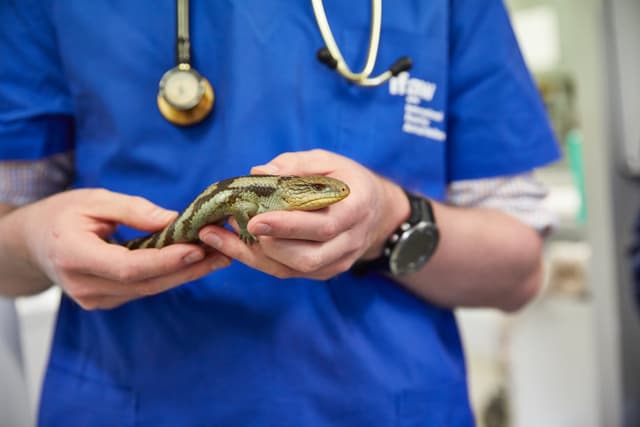Myths about teaching can hold you back
- Year 1
Waterproof materials: plan and do
I can plan and do an investigation to find out about waterproof materials.
- Year 1
Waterproof materials: plan and do
I can plan and do an investigation to find out about waterproof materials.
These resources were made for remote use during the pandemic, not classroom teaching.
Switch to our new teaching resources now - designed by teachers and leading subject experts, and tested in classrooms.
Lesson details
Key learning points
- The properties of materials make them suitable or not suitable for different jobs.
- Being waterproof is one type of simple property.
- If a material is waterproof it does not let water pass through it.
- Some materials are waterproof and some materials are not.
- Scientists test materials to find out which are waterproof and which are not.
Keywords
Material - A material is what an object is made from. An object can be made from more than one material.
Properties - The describing words we use for a material are called its properties.
Suitable - Someone or something that is suitable for a particular purpose or occasion is right or acceptable for it.
Waterproof - A waterproof material does not allow any water to pass through it.
Investigate - When scientists investigate they are trying to find out what happens when something is changed.
Common misconception
Children may instinctively classify objects by observational similarities or through knowledge of use rather than by the material from which the objects are made.
Importance of testing each material to check if we are correct and not to rely on what we think we already know. Scientists ask questions and test their ideas.
To help you plan your year 1 science lesson on: Waterproof materials: plan and do, download all teaching resources for free and adapt to suit your pupils' needs...
To help you plan your year 1 science lesson on: Waterproof materials: plan and do, download all teaching resources for free and adapt to suit your pupils' needs.
The starter quiz will activate and check your pupils' prior knowledge, with versions available both with and without answers in PDF format.
We use learning cycles to break down learning into key concepts or ideas linked to the learning outcome. Each learning cycle features explanations with checks for understanding and practice tasks with feedback. All of this is found in our slide decks, ready for you to download and edit. The practice tasks are also available as printable worksheets and some lessons have additional materials with extra material you might need for teaching the lesson.
The assessment exit quiz will test your pupils' understanding of the key learning points.
Our video is a tool for planning, showing how other teachers might teach the lesson, offering helpful tips, modelled explanations and inspiration for your own delivery in the classroom. Plus, you can set it as homework or revision for pupils and keep their learning on track by sharing an online pupil version of this lesson.
Explore more key stage 1 science lessons from the Everyday materials unit, dive into the full primary science curriculum, or learn more about lesson planning.

Equipment
Jugs, pipettes, different materials for testing, transparent plastic cups, rubber bands, cotton wool buds.
Content guidance
- Risk assessment required - equipment
Supervision
Adult supervision required
Licence
Prior knowledge starter quiz
6 Questions
Q1.A career is...
Q2.True or false? Science jobs are only for boys.
Q3.Which of these jobs needs clothes that keep them safe from heat?



Q4.Which of these is a type of material?
Q5.Which of these are properties of materials?
Q6.Scientists investigate the properties of materials. What does investigate mean?
Assessment exit quiz
6 Questions
Q1.In rainy weather, which property do wellies, coats and umbrellas all need to have?
Q2.True of false? All materials are waterproof.
Q3.A material that is waterproof...
Q4.Which of these items of clothing must a firefighter wear?
Q5.How do scientists check which materials are waterproof?
Q6.Match the object to the suitable material.
a book
a jar
a pot
a key


